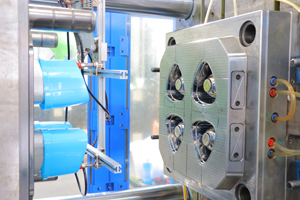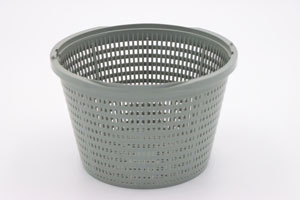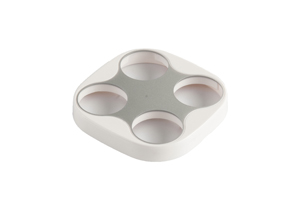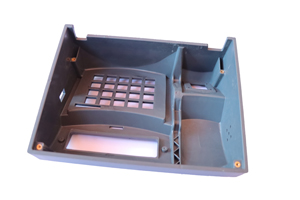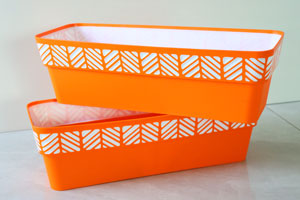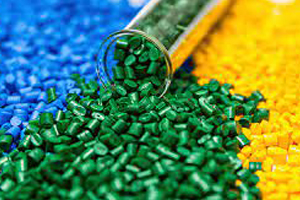The performance of plastic forms the basis of injection molding technology. Mastering the process properties and characteristics of various plastics is essential basic professional knowledge for every injection molding worker. The performance of plastic is the basis for setting injection molding process conditions, and it is also one of the factors that must be considered when analyzing quality issues and abnormal phenomena in the injection molding process. Below, Keyplast will share 5 common injection molding plastics and their characteristics to help everyone better select injection moulding plastics.
Common Injection Molding Plastic: ABS
ABS plastic is a type of thermoplastic engineering plastic. Due to its excellent comprehensive mechanical properties, relatively low price, good rigidity and dimensional stability, as well as good molding processability, it is widely used in various fields.
Injection moulding plastic ABS is an amorphous polymer without a distinct melting point. Due to the numerous grades available, different parameters should be set based on the grade during the injection process, usually molding can be done above 160°C. During molding, injection moulding plastic ABS has good thermal stability with a narrow range of conditions to choose from, and it's not prone to degradation or decomposition. However, if the temperature is too high, it may tend to damage the rubber phase in ABS, hence it needs attention. ABS typically begins to decompose above 270°C.
Common Injection Molding Plastic: Polyethylene (PE)
The flowability of injection moulding plastic PE during molding is good and it is considered hydrophilic, so thermal stability is not a concern. However, due to its strong molecular affinity, it is easy to deform. High-density PE has a distinct crystallization temperature, so it is best to increase injection pressure and speed. Increasing the injection speed is especially important for thick-walled products as it can improve surface gloss, prevent warping, reduce molding shrinkage, and the screw design and non-return fit need to be precision-matched. If there is wear or scratches, it can cause feeding to slow down gradually.
Common Injection Molding Plastic: Polypropylene (PP)
Injection moulding plastic polypropylene is a crystalline high polymer with features such as lightweight, low cost, non-toxicity, and odorlessness. It also exhibits corrosion resistance, high-temperature resistance, and high mechanical strength. It is similar to PE in many aspects but starts degrading around 280°C, so processing temperature should ideally be below 270°C. Its strong molecular alignment can cause warping and twisting at low temperatures, requiring attention. Polypropylene is widely used in the medical, food, chemical industries, and daily life.
Common Injection Molding Plastic: Polystyrene (PS)
Injection moulding plastic polystyrene is one of the earliest industrialized plastic varieties. It features good transparency, water resistance, light resistance, chemical resistance, low moisture absorption, excellent electrical properties, low cost, easy coloring, and ease of molding. Injection moulding plastic polystyrene is widely used in various instruments, meters, decorations, lighting, household items, toys, and other aspects.
Because the weight-to-volume ratio of polystyrene is relatively close (the relative density of polystyrene is 1.05), it is used as the standard for injection molding product series. Polystyrene is an amorphous polymer with no distinct melting point. It has a wide melting temperature range and good thermal stability. It starts softening around 95°C, becomes fluid between 120-180°C, and decomposes above 300°C. Injection moulding plastic polystyrene's specific heat capacity is low, heating, fluidity, and cooling solidification occur quickly, the melt viscosity is moderate, and it has good flowability, making it easy to mold.
Common Injection Molding Plastic: Polycarbonate (PC)
Injection moulding plastic polycarbonate is a newly developed engineering plastic with excellent performance. It not only has high transparency and excellent impact toughness, but also exhibits creep resistance, a wide range of operating temperatures, good dimensional stability, excellent electrical insulation, weather resistance, and non-toxicity. Injection moulding plastic polycarbonate is widely used in instruments, lighting fixtures, electronic and electrical equipment. However, its products are more susceptible to notches, prone to stress cracking, and have slightly lower fatigue resistance and chemical stability.

